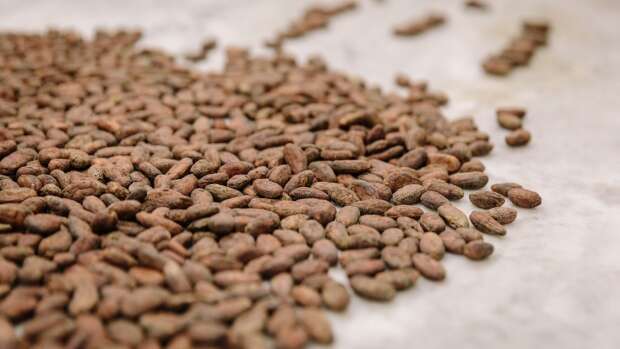Cash crunch forces cocoa traders to delay West African purchases
A liquidity crunch upending the global cocoa market is forcing traders to delay bean purchases from the world’s largest producers, according to people familiar with the process.
Traders are running out of cash as a record rally forces them to put up more money to back their futures position. Buying more physical beans would require them to hedge their purchases in the futures market.
As a result, many traders and chocolate companies are opting to delay purchases of beans for the next season, said the people, who asked not to be identified because they aren’t allowed to speak to the media.
Ivory Coast and Ghana, which account for more than half of global supplies usually sell as much as 80% of their cocoa crop before the harvest starts in October. The so-called forward sales allow the nations to guarantee a minimum price to be paid to cocoa farmers, many of which still live below the poverty line.
Bad weather, aging trees and crop disease have slashed output this season, forcing both countries to delay bean deliveries. Market participants are losing confidence in their ability to honor forward contracts, and there’s also uncertainty about the size of the next crop — another reason why many opted to defer purchases, the people said.
The cocoa market is grappling with a third year of shortages and a liquidity crunch that spurring wild price swings. Prices more than doubled this year and soared well past $11,000 a ton, making cocoa more expensive than copper. But at the start of this week, futures traded in New York tumbled, at one point falling as much as 27% to head for the biggest two-day decline in data going back to 1960.
Some small and mid-sized trading houses have already been forced to close out their trades as access to financing becomes difficult due to greater scrutiny from banks wary of loan defaults and bankruptcy.








